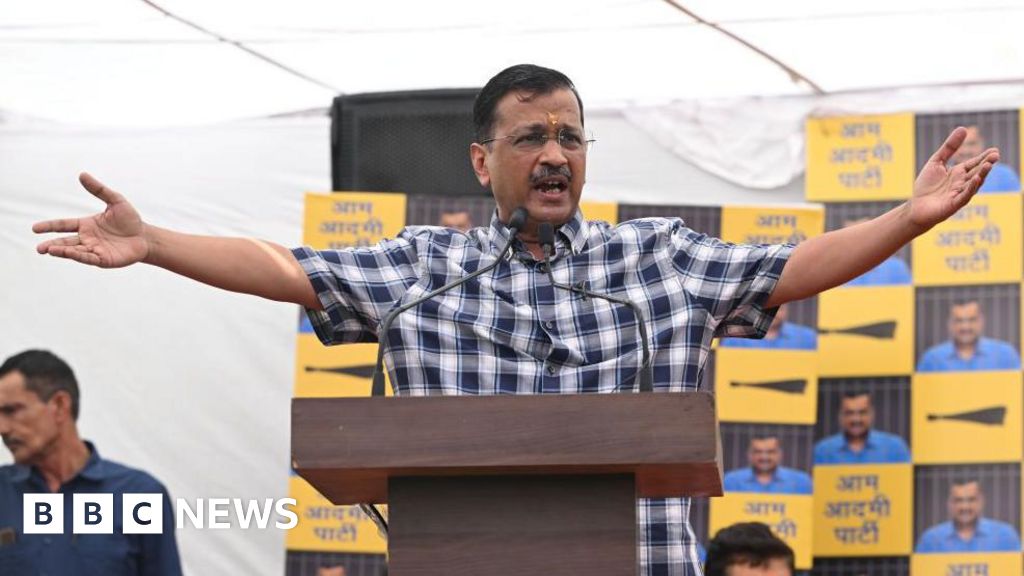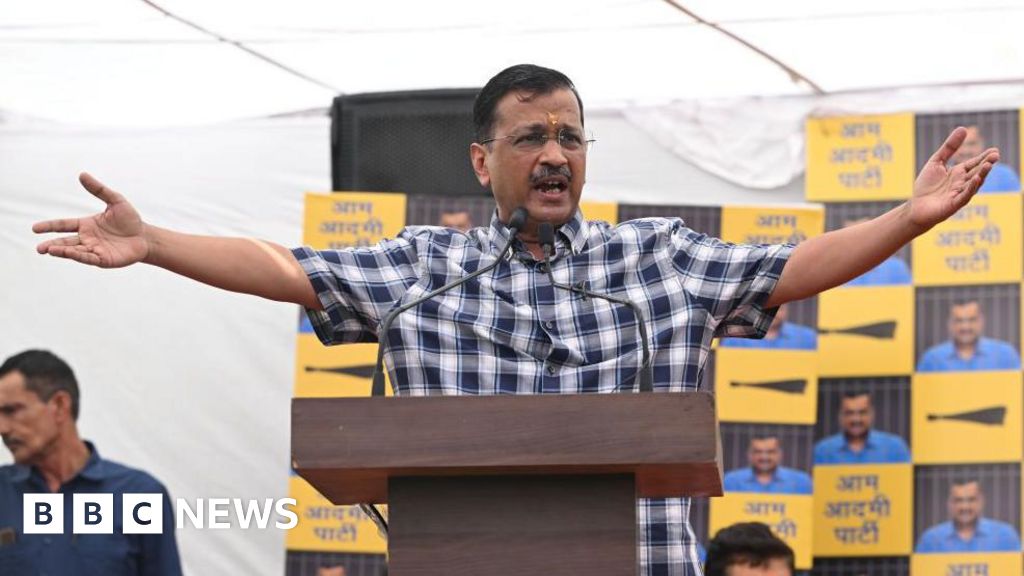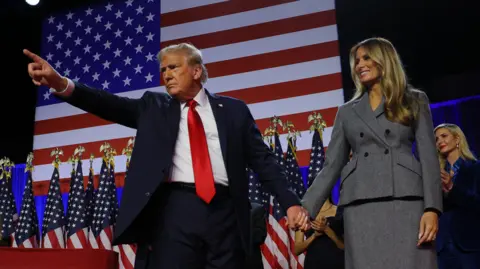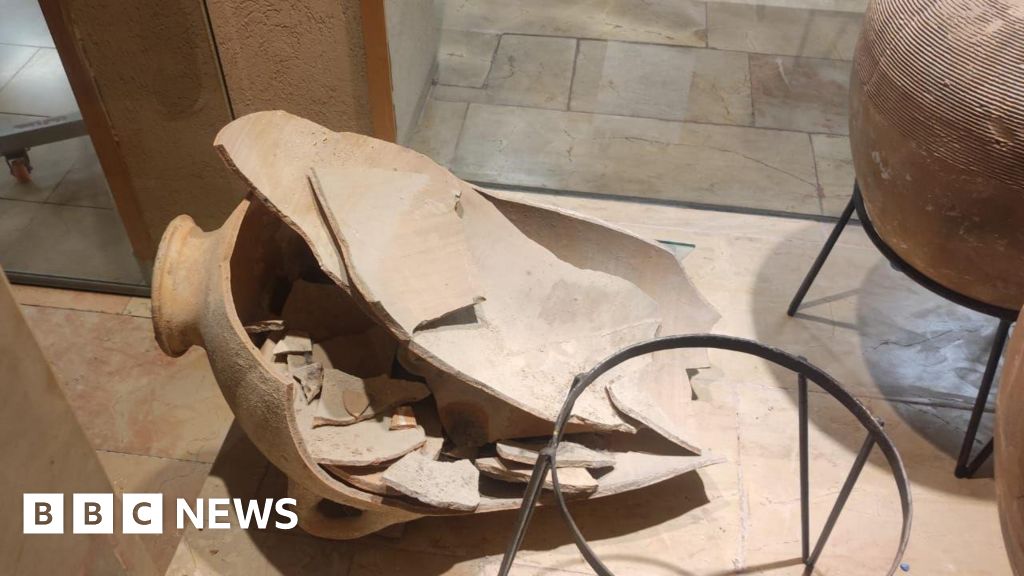
India’s top court has granted bail to prominent opposition leader and Delhi Chief Minister Arvind Kejriwal more than five months after he was arrested in a corruption case.
A former anti-corruption crusader, he was jailed in connection with a now-scrapped alcohol sales policy.
Mr Kejriwal’s Aam Aadmi Party (AAP) introduced the policy in November 2021, saying it would curb black market sales, increase revenues and ensure even distribution of liquor licences.
It was withdrawn a few months later after Delhi’s Lieutenant-Governor Vinai Kumar Saxena accused AAP of exploiting rules to benefit private liquor barons. Mr Kejriwal and AAP deny the charges.
They said the allegations were “politically motivated”.
On Friday, a Supreme Court bench of Justice Surya Kant and Justice Ujjal Bhuyan granted Mr Kejriwal bail and directed him to refrain from making any public comments.
The court also directed Mr Kejriwal to refrain from attending office or signing any official files.
The judges said they had decided to grant him bail since charges had been framed and the trial was unlikely to be completed sometime soon, legal website Live Law reported.
Mr Kejriwal was released on interim bail for three weeks in May to campaign for the parliamentary elections on the condition that he would abstain from his official duties as chief minister.
Mr Kejriwal was the third AAP leader arrested in the case. His former deputy, Manish Sisodia, was granted bail in August after 17 months in jail. Another AAP leader, Sanjay Singh, was released on bail in April.
Critics of India’s governing Bharatiya Janata Party (BJP) have often alleged that it has used investigating agencies to unjustly target opposition leaders, a charge it denies.
Mr Kejriwal’s arrest in March just weeks before key parliamentary elections had drawn comments from the US and Germany.
US State Department spokesperson Matthew Miller had said Washington was closely monitoring his arrest and actions taken against opposition parties in India – drawing “strong objection” from Delhi.
A mechanical engineer, Mr Kejriwal was awarded the Ramon Magsaysay prize – often called Asia’s Nobel – in 2006 for popularising the Right to Information law that allows citizens to access information from the government.
But he gained national prominence following massive anti-corruption protests in 2011 against the then governing Congress party.
Inspired by the campaign’s success, he founded the AAP, pledging to eradicate corruption and to take on the Congress and the BJP.
AAP made its poll debut in 2013 Delhi Assembly elections and has governed the capital city since, focussing on welfare measures such as affordable electricity and water for residents.
His party has since contested multiple parliamentary and assembly elections across the country with limited success. Besides Delhi, the party is in power in Punjab.
It is also now a part of INDIA, a loose bloc of opposition parties led by the Congress.



